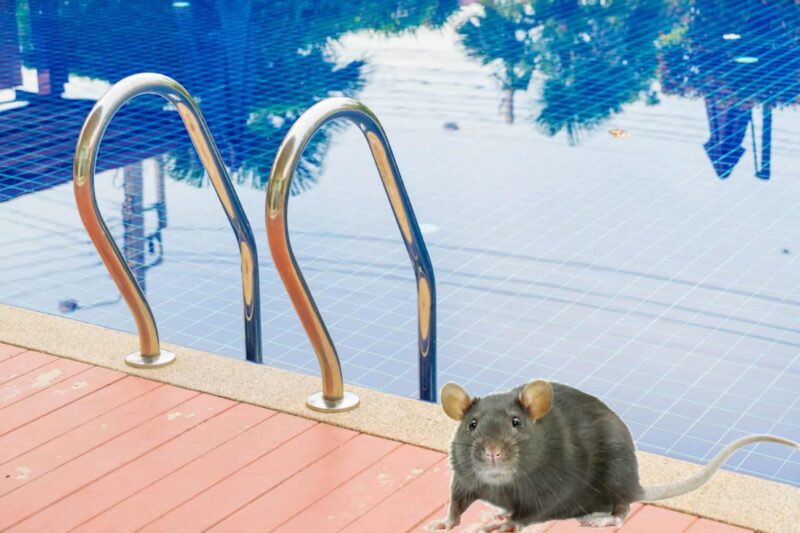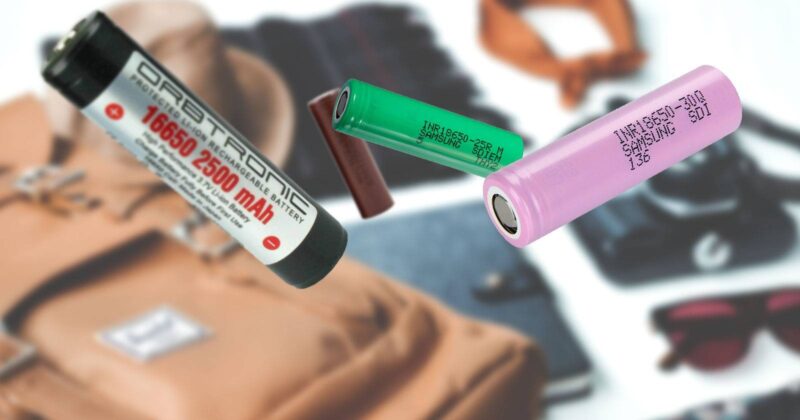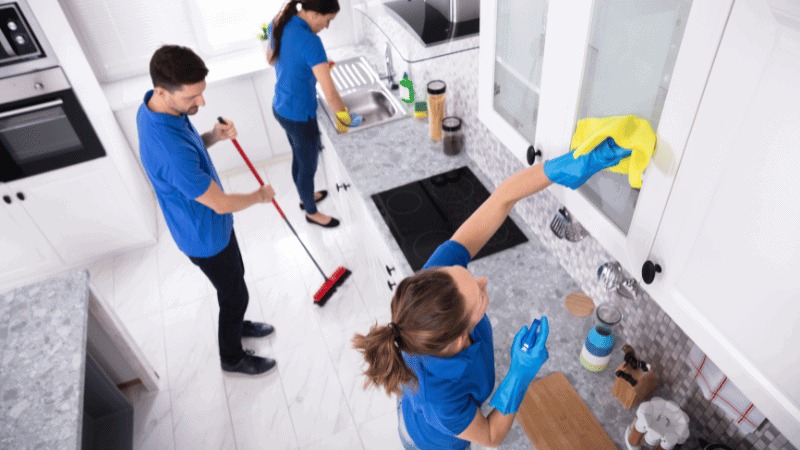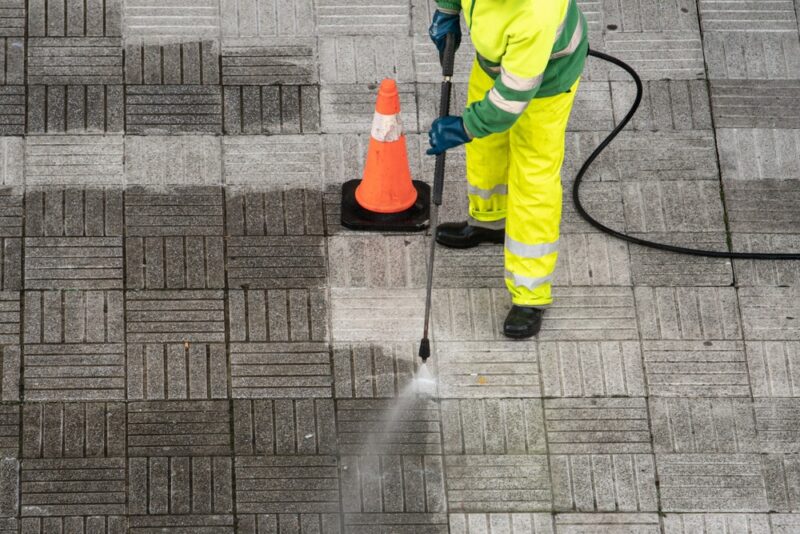A pool heater is one of the most valuable components of your swimming pool system. It allows you to enjoy warm water during cool mornings, late evenings, and even deep into the fall season.
However, many homeowners are shocked to discover that their pool heater can also be one of the most vulnerable parts of their backyard setup — especially when rodents find their way inside.
Mice and other small pests are known to cause extensive damage to pool heaters, sometimes rendering them completely useless. They chew through wires, build nests inside the cabinet, and — most destructively — contaminate internal components with their urine. One of the most common and expensive issues caused by rodents is urine corrosion on PC boards (printed circuit boards), which can destroy the heater’s electrical system.
Understanding how and why this happens can help pool owners prevent damage before it occurs and save hundreds, or even thousands, in repairs.
Why Mice Are Drawn to Pool Heaters
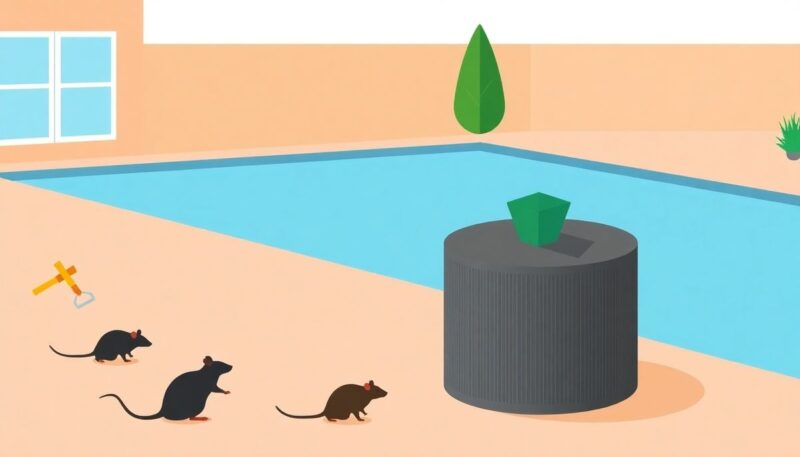
When outdoor temperatures drop, mice start looking for warm, enclosed spaces to take shelter. Pool heaters are particularly attractive because they provide exactly what rodents want — warmth, protection, and access. The interior of a heater cabinet offers a dry, insulated space shielded from wind and predators.
The heater’s structure also provides easy access points. Openings around gas lines, electrical conduits, and ventilation gaps are just big enough for mice to squeeze through. Once inside, they quickly build nests from leaves, paper, insulation, or even nearby grass clippings.
Because pool heaters often sit unused during colder months, homeowners may not notice any activity until spring — long after the mice have caused significant damage.
The Many Ways Mice Damage Pool Heaters
Rodent damage inside a pool heater can range from minor to catastrophic. Even one mouse can cause a chain reaction of problems that lead to complete heater failure. Here’s how:
1. Chewed Electrical Wires
Mice constantly gnaw on hard materials to keep their teeth from growing too long. Unfortunately, the rubber and plastic coatings on electrical wires make perfect chewing material. When wiring is stripped or severed, it can short out circuits or create dangerous sparks. This not only prevents the heater from functioning but can also pose a fire hazard.
2. Blocked Ventilation and Overheating
Rodents often bring nesting materials into the heater cabinet, stuffing them into tight spaces near fans or vents. These obstructions can block airflow, forcing the heater to overheat or shut down unexpectedly. In some cases, trapped heat can damage sensitive internal components.
3. Urine and Feces Contamination
Perhaps the most overlooked yet devastating form of damage comes from mice urine. It’s not just unsanitary — it’s chemically corrosive. Over time, urine deposits eat away at metal connections, wiring, and electronic boards. Because of its high ammonia content, the fluid acts like an acid that corrodes copper and steel components.
How Mice Urine Destroys PC Boards
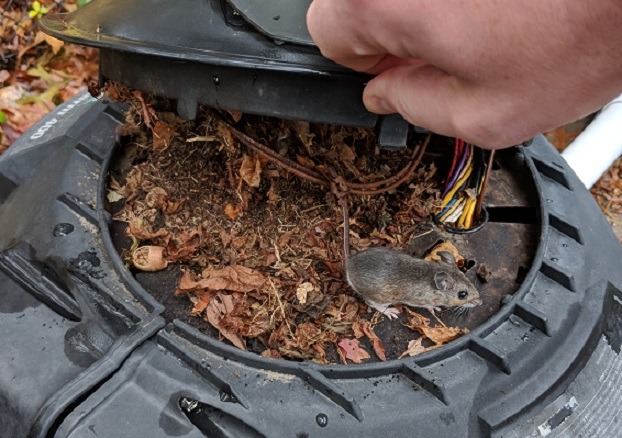
Printed circuit boards (PCBs) are the electronic “brains” of a modern pool heater. They control ignition, temperature regulation, and safety systems. But they are also extremely sensitive to moisture and contamination.
When mice urinate inside a heater, the liquid often lands directly on the PC board or surrounding wiring. This leads to several serious problems:
- Corrosion: The ammonia and salts in the urine cause oxidation and rust, degrading metal traces and connections.
- Electrical Shorts: Moisture from urine conducts electricity, which can short out circuits or trigger error codes.
- Crystal Build-Up: As urine dries, mineral crystals form on the board’s surface, continuing to corrode even after the rodent is gone.
- Permanent Failure: Once corrosion spreads, it often destroys solder joints and electronic pathways, rendering the entire board useless.
Unfortunately, PC board damage from mice urine is rarely repairable. Replacing the board is often the only option — and replacement parts can be costly. Worse still, rodent-related damage is typically not covered under manufacturer warranties, leaving homeowners to pay out of pocket.
Warning Signs of Mice Damage
Rodent infestations can go unnoticed for months. By the time most pool owners discover an issue, the damage is already done. Regular inspections are key to spotting the early signs of trouble. Here are a few red flags to watch for:
- Heater fails to start or runs intermittently
- Display shows unusual error codes
- Burning, electrical, or musty odors coming from the heater
- Chewed insulation or exposed wires
- Evidence of nesting materials or shredded debris inside the cabinet
- Small droppings or dark urine stains on metal surfaces
If any of these symptoms appear, it’s best to turn off power to the heater immediately and have it professionally inspected.
Steps to Prevent Mice from Damaging Your Pool Heater
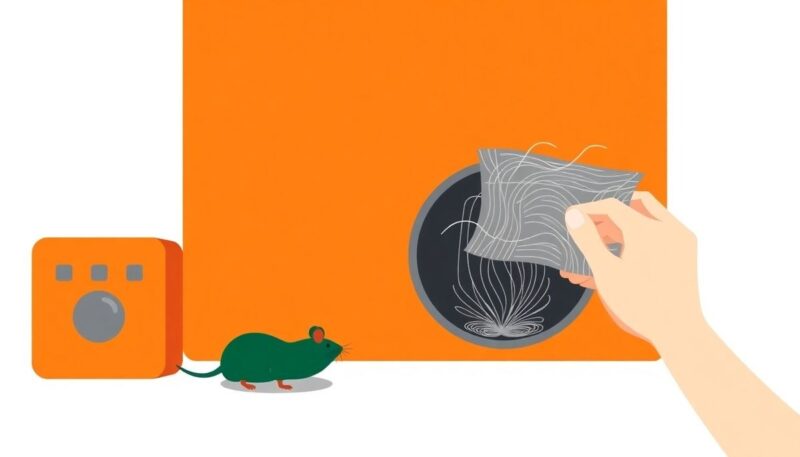
Prevention is the most effective way to avoid rodent-related heater repairs. A few proactive steps can help protect your equipment and keep mice out for good.
1. Seal All Entry Points
Inspect your pool heater carefully for small gaps or openings. Pay attention to spaces around gas lines, conduit pipes, and ventilation slots. Use rodent-proof materials such as steel mesh, aluminum tape, or pest-resistant expanding foam to block these access points.
2. Keep the Surrounding Area Clean
Rodents are attracted to cluttered, overgrown, or debris-filled environments. Keep the area around your pool equipment clear of leaves, grass clippings, and storage bins that could provide nesting materials or hiding spots.
3. Use Rodent Deterrents
Natural repellents such as peppermint oil, cloves, or mothballs can discourage mice from nesting near your heater. Ultrasonic devices are another option — these emit high-frequency sounds that pests dislike. However, deterrents should always be used in combination with physical barriers for best results.
4. Install a Heater Cover
If you shut down your pool for the winter, consider using a fitted heater cover. A durable, breathable cover prevents rodents from entering while protecting the unit from moisture and debris.
5. Schedule Annual Inspections
Have your heater inspected at least once a year — ideally before each heating season. A professional technician can spot early signs of damage, clean out debris, and ensure all electrical components are functioning properly.
What to Do if Mice Have Already Caused Damage
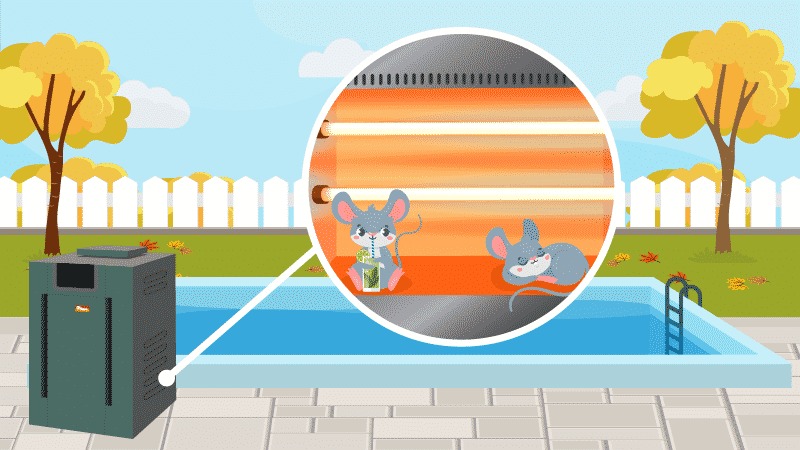
If you suspect or confirm that rodents have entered your pool heater, act quickly. The longer the contamination remains, the more extensive the corrosion becomes.
- Disconnect the Power and Gas: Always turn off all power sources before opening or inspecting the heater.
- Avoid Direct Contact: Rodent droppings and urine can contain harmful bacteria and viruses. Wear gloves and a mask if you must handle contaminated areas.
- Contact a Professional: A qualified pool technician can safely remove nests, clean interior components, and assess damage.
- Replace Affected Parts: Corroded PC boards, wiring, or sensors must be replaced to restore functionality.
- Clean and Sanitize: The inside of the heater should be thoroughly cleaned and treated to neutralize any remaining urine residue.
- Seal the Heater: Once repairs are complete, ensure all access points are sealed to prevent a repeat infestation.
Keep in mind that electrical damage can pose serious safety risks. Attempting to repair or clean the unit without proper expertise may lead to further harm.
The Cost of Ignoring Mice Damage
It may be tempting to overlook minor signs of mice activity, but doing so can be expensive. What begins as a small nest or a few chewed wires can quickly escalate into a complete system failure.
Repairing light wiring damage might cost a few hundred dollars, but replacing corroded PC boards or burnt circuitry can easily exceed a thousand. In severe cases, homeowners are forced to replace the entire heater — a cost that could have been avoided with timely maintenance and prevention.
Professional Help for Pool Heater Protection
Protecting your pool heater from rodent damage isn’t just about cleanliness — it’s about prevention, inspection, and proper sealing. Working with experienced pool service professionals ensures that your heater is safeguarded against both mechanical and pest-related damage.
NJ Waterscapes provides expert pool maintenance and repair services throughout New Jersey, helping homeowners identify pool heater & mice damage issues early and restore those safely and efficiently.
Final Thoughts
Mice damage is one of the most underestimated threats to pool heaters. These small pests can chew wires, clog vents, and — most dangerously — corrode PC boards with urine, leading to irreversible electrical damage.
Regular inspections, cleaning, and preventive measures are the best defense against rodent-related problems. By staying vigilant and sealing entry points before winter arrives, you can protect your heater, avoid costly repairs, and ensure your pool remains ready for every swim season.
Related Posts:
- 4 Maintenance Tips That Will Extend the Life of Your…
- 15 Best Vertical Mice 2024 - Perfect for Gaming and…
- Maintaining an Auto Cover Pool: Selecting a Durable…
- 13 Best Mechanical Keyboards 2024 - Durable Gaming Equipment
- 9 Signs That Tells You Need New Office Equipment in 2024
- 6 Pieces of Equipment That Are Essential for Any…

